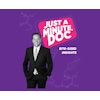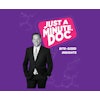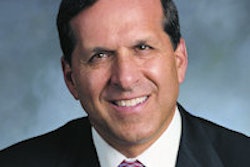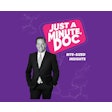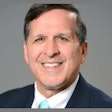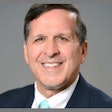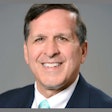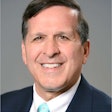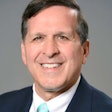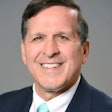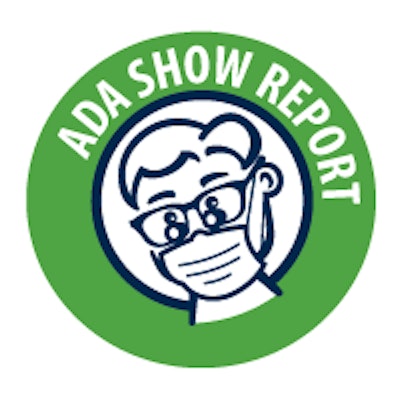
NEW ORLEANS - It is no coincidence that the son of Edward Zuckerberg, DDS, Facebook founder Mark Zuckerberg, is one of the most influential people in tech. Dr. Zuckerberg has consistently embraced new technology. For example, his mortgage lender was selected over a competitor with a similar rate because it offered online banking -- in 1981.
Excited, Dr. Zuckerberg told his wife he paid three bills on the computer. She was unimpressed when he admitted that it took him an hour to accomplish. He saw, however, the sea change that could take place.
But it is his son's company, as well as other social media tools, that Dr. Zuckerberg came to discuss at the ADA's 2013 Annual Session. Social media's prevalence is considerable, and it is more important than ever -- even essential -- for today's dental practice to have an active presence on social media.
Don't get left behind
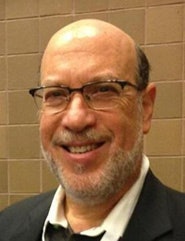 Edward Zuckerberg, DDS.
Edward Zuckerberg, DDS.
Dr. Zuckerberg shared some numbers to make his point. A 2012 survey by the Pew Research Center's Internet & American Life Project found that 67% of American adults use Facebook, 16% use Twitter, 15% Pinterest, 13% use Instagram, and 6% use Tumblr. Facebook users spend an average of 30 minutes per day on Facebook and have an average of 300 friends.
"Don't get left behind," Dr. Zuckerberg said during his introduction.
One of the top concerns that practitioners express about social media is what to do about negative comments -- and Dr. Zuckerberg addressed this early in the session.
"I'm suspicious if online reviews are 100% positive, so it's not a terrible thing not to be able to please 100% of the people," he explained. "Facebook does give you the ability to flat out delete a negative post, something you can't do on Yelp, but I warn you of doing that."
Instead, treat negative comments like an opportunity. "They're communicating with you," he said. "Someone who complains about a 40-minute wait is unhappy but not quite out the door."
This exact situation happened to him. A patient complained about a long wait on his business's Facebook page. "So we looked at the situation. I found out a child had knocked out a tooth, so we had to treat them immediately to reimplant it."
Dr. Zuckerberg responded to the comment with an apology: "Dear So-and-So, Sorry about the wait. We had an emergency where we reimplanted a tooth in a child who had it knocked out, a time-sensitive procedure. We should have done a better job of letting you know."
Comments to his comment rolled in. Many were positive and related to different aspects of his post: "Whew, you can reimplant a tooth?! That's amazing!" and "I've been a 10-year patient and I've never waited more than 10 minutes." The initial commenter also responded positively after the explanation.
Later in the session, Dr. Zuckerberg rattled off a list of key factors that can enhance the impact of a business's Facebook posts:
- Photo posts get 39% more interaction.
- Shorter posts get 23% more interaction. "People don't want long, lengthy text posts," Dr. Zuckerberg explained. "Keep blogs on a blog."
- Engagement rates are 18% higher on Thursdays and Fridays. "As one study put it, ‘The less people want to be at work, the more they are on Facebook,' " Dr. Zuckerberg noted.
- The heaviest traffic days on Facebook are Thursday, Friday, and Sunday.
- Questions get more comments but fewer "likes" and shares.
- 35% of people "like" a page in order to participate in contests.
Try not to think of social media as a place where negative reviews can have a negative impact on a practice. Instead, Zuckerberg advised, "Ask yourself, ‘How is technology going to make me look better in front of my patients, and be more effective at reaching them?"
